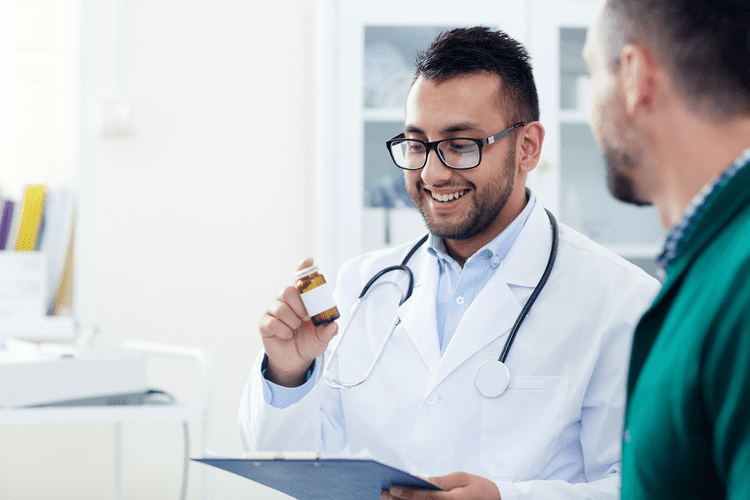Regular heavy drinking has been found to double the risk chronic kidney disease, which does not go away over time. Even higher risk of kidney problems has been found for heavy drinkers who also smoke. Smokers who are heavy drinkers have about five times the chance of developing CKD than people who don’t smoke or drink alcohol to excess. In fact, IgA glomerulonephritis—acute inflammation of the kidney caused by an IgA immune response—is one of the most common types of primary glomerulonephritis worldwide (D’Amico 1987). This IgA-related kidney disease leads to clinical symptoms of renal injury and eventually progresses into renal failure (Amore et al. 1994; Bene et al. 1988; Pouria and Feehally 1999). Experimental studies suggest that heavy alcohol consumption induces IgA kidney disease (Smith et al. 1990).
Unfortunately, existing clinical studies have not analyzed why some patients with CKD give up drinking and the influence of giving up drinking on the prognosis of these patients. Unlike previous reports, some researchers indicated that ethyl alcohol pretreatment can improve renal antioxidant activities https://ecosoberhouse.com/ and capacity. Other research also reported that 5 weeks of ethanol exposure can improve CAT activities in the renal cortex in rats. Nevertheless, before rats received large doses of ethanol in their drinking water, they had a 3-week transition period with low concentrations of ethanol [37].
Association of monthly frequency of alcohol consumption and binge drinking with change in the eGFR over 12 years
Note that kidney disease does not happen all at once but is a slow and gradual process. Eventually the body will begin to fill with waste and fluids that the kidneys can no longer process. In summary, there is no exact evidence that alcohol consumption aggravates the state of CKD or increases all-cause mortality in CKD, and the protective effect of abstinence on such patients is unclear.
Their analysis included 20 studies representing a total of 292,431 patients. Other studies found that alcohol combined with energy drinks, caffeine, or soft drinks can disturb the physiological redox reaction and cause lipoperoxidation in the liver and nephrotoxicity [30,118]. Furthermore, drinkers often like to eat more pickled food and eat less vegetables and fruits, which increases the consumption of salt and cholesterol [119].
Kidney injury secondary to alcohol hepatitis, cirrhosis, and other conditions
And S.R.K. reviewed and revised the paper; all authors approved the final version of the manuscript. alcohol and kidneys 3For a person weighing 150 pounds, this dose would be roughly equivalent to 17 drinks.

In order to do their job properly, the kidneys need a certain rate of blood flowing into them; a liver that is damaged by alcohol abuse cannot properly regulate the blood that the kidneys receive. The National Kidney Foundation notes that most patients who have both liver disease and problems with their kidneys struggle with alcohol dependence as well. Though kidney disease is not a direct outcome from drinking, alcohol will exacerbate any problems in the renal system. For instance, alcohol will interrupt how the kidneys handle fluids, sodium, and magnesium and also affect how they regulate the acid/base balance in the blood. For instance, too much sodium can cause high blood pressure while too little magnesium harms the nervous system, and there are many more issues; too many to list them all.
Abnormal immunoreaction and renal tubular dysfunction to alcohol consumption
Other research found that drinking an alcoholic beverage causes a sudden spike in blood pressure for up to two hours. This increases the amount of fluid reabsorbed by the kidneys, raises potassium levels, and lowers sodium levels. Low potassium can cause low sodium levels and increase the risk of hyponatremia (low sodium in the blood). For those with diabetes and CKD, alcohol may be safe to drink if you have your blood sugar level under control. After getting the okay to drink from your doctor or dietitian, it is recommended that you drink with food. Alcohol on an empty stomach can cause blood sugar levels to drop in those with diabetes.